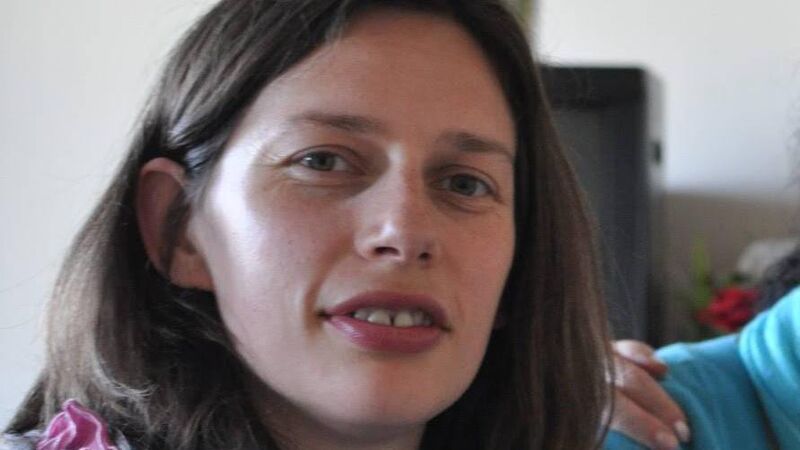Sarah Harte: Families of murdered women know how the system has let them down — listen to them

Valerie French Kilroy (pictured) was murdered by her husband in 2019. He was given a mandatory life sentence last year.
The bravery of some people is breathtaking.
I refer to three people who suffered the earth-shattering tragedy of having a sibling murdered in a domestic homicide. All are campaigning to preserve their sisters' legacies and to change things for other victims of domestic abuse.















